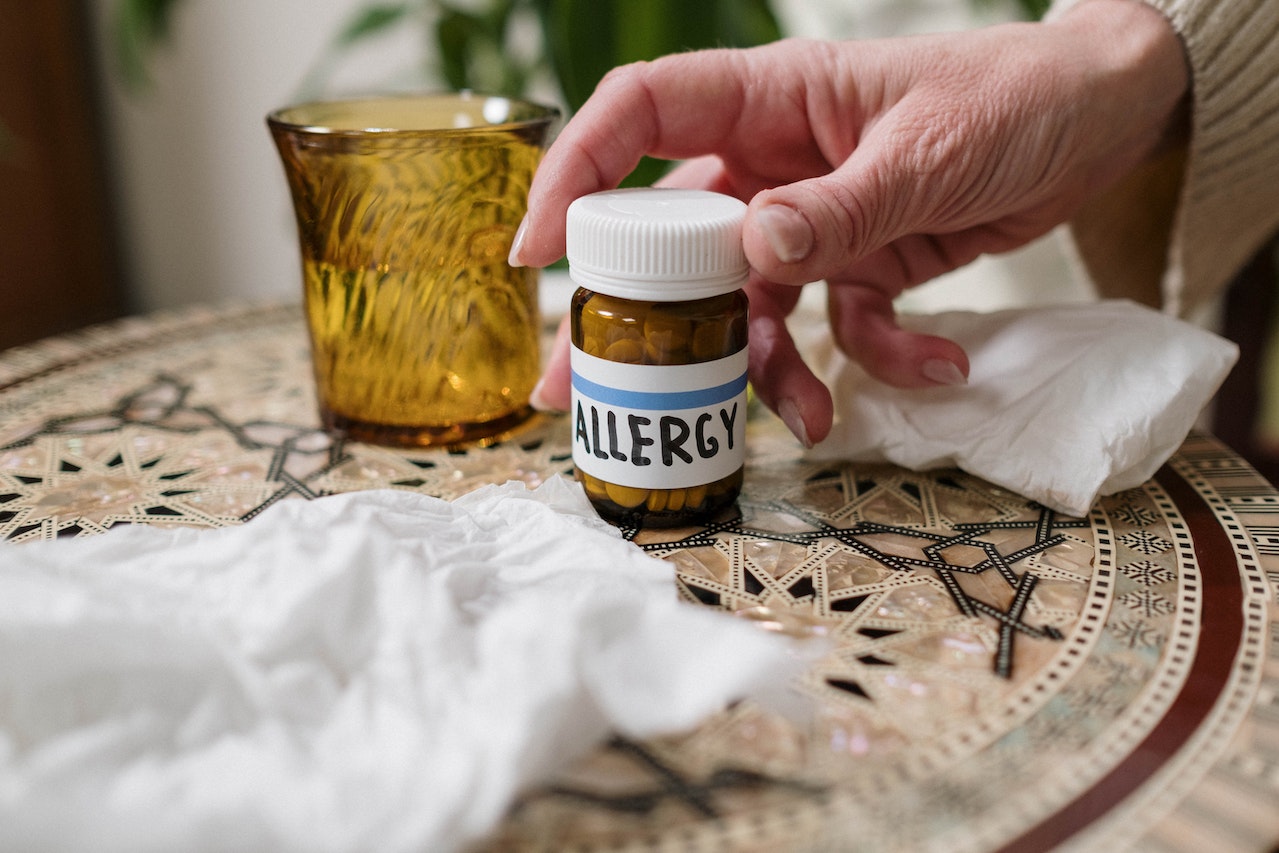Many people are looking forward to warmer months after the winter. We love to see buds blossoming into a colorful array of flowers, dotting the trees and covering our landscapes. However, hidden among this magical kind of year are increased histamine reactions. Many people suffer from seasonal allergies, and finding relief throughout spring can be tricky.
In this article, we will discuss 13 ways to manage seasonal allergies so you can enjoy springtime magic without red puffy eyes and sinus issues.
What are the signs of seasonal allergies?
It’s important to know the signs of allergies so that you can tackle them effectively and not confuse them with other illnesses. Look out for the following symptoms to determine if you have seasonal allergies:
- Sneezing
- Itchy eyes, nose, and throat
- Runny nose
- Watery eyes
- Congestion
- Post nasal drip
- Fatigue
- Coughing
Now that you know the signs to watch out for, let’s discuss ways to manage your symptoms!
Reduce Your Exposure to Allergens
When it comes to seasonal allergies, it can be difficult to evade them. Seasonal allergens can be carried in the breeze or bloom outside your door. When it comes to reducing your exposure, consider the severity of your reaction. If you are feeling deeply uncomfortable with watery eyes, itchy throats, and congestion, you may need to make some lifestyle changes. Here’s how:
Stay indoors on windy days:
Check the weather. Not only do weather reports let us know how windy it will be, but they can give allergen details like the pollen count and the types of pollen in your area. You can check a detailed pollen report on Pollen.com for the types of pollen in your immediate area, among other information, to keep you well and comfortable!
Stay out of the garden:
Hold off on your plans to garden, mow the lawn, trim the trees, and pull weeds.
Launder mindfully:
Wash the clothing you wear outside as soon as you enter your home to keep pollen off your furniture and linens. Don’t hang dry laundry outdoors.
Shower often:
To keep pollen from resting on your skin or being trapped in your hair, shower after coming in from outdoors and immediately change your clothing. Some allergens can be severe enough to lead to hives and rashes on the skin. Showering often will help alleviate itching and discomfort correlated with pollen.
Stay indoors in the morning:
Pollen counts are higher in the morning than in the afternoon. Schedule your day to avoid being outside in the morning, including commuting or driving if you can.
Products that can help:
Air purifiers:
Invest in a good air purifier to filter out allergens. Air purifiers are most effective in small rooms like bedrooms and areas they can effectively cycle the air through the purifier.
Dehumidifiers:
Dealing with dust mites and mold? Dehumidifiers are best for regions where there is a high percentage of humidity.
Air Conditioning:
Using air conditioning and highly efficient filters means that the indoor air you breathe has been filtered more thoroughly.
Over the Counter Remedies:
Oral Antihistamines:
Zyrtec, Allegra, and Claritin are just a few examples of over-the-counter antihistamines. Antihistamines relieve sneezing, congestion, watery eyes, and other seasonal allergy symptoms.
Decongestants:
Congestion can be annoying and uncomfortable and even induce insomnia. You can combine oral antihistamines with decongestants if you need more support to clear your nasal passages.
Nasal Sprays:
Nasal sprays are especially beneficial for those with more nasal symptoms resulting from seasonal allergies. Long-time use of nasal sprays can increase other side effects. Consult your doctor if you become dependent on nasal sprays for relief, as better treatment options are available to you.
Saline Irrigation:
You can flush mucus and allergens out of the nasal passageways with a saline irrigation treatment. There are many at-home kits you can purchase at drugstores. Be sure to use filtered water when manually rinsing your sinuses, and don’t overdo it. You can dry out passageways or get infections from the overuse of saline irrigation treatments.
Summary:
If you are persistently dealing with seasonal allergy symptoms, it may be time to get an internist’s opinion on how to move forward to combat seasonal allergies safely and effectively. In the meantime, there are many ways to reduce your exposure to allergens with a few lifestyle changes and with the help of OTC allergy medications.






